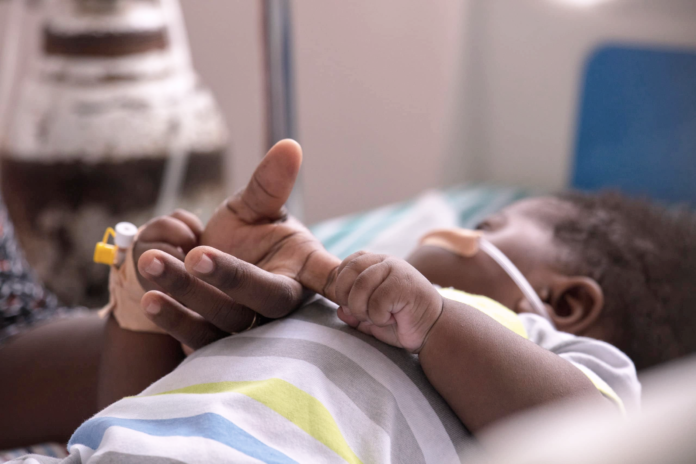The escalating Infant Mortality Rate in Rawalpindi has sparked concern, shedding light on numerous obstacles in safeguarding child health and well-being. The recent immunization campaigns targeted 171,300 newborns and children under two years old. However, 10,280 newborns couldn’t receive vaccinations due to existing health complications. This unfortunate reality has contributed to a decline in Rawalpindi district’s child growth rate from 3.8 to 2.8, as per WHO standards.
In response, the District Health Authority has launched a seven-day anti-polio campaign across five tehsils of Rawalpindi, starting on April 29. This initiative aims to protect around 0.9 million children from polio in areas like Rawal Town, Cantonment Board, Potohar Town, Taxila, and Gujar Khan, through activities such as administering polio drops at designated points and door-to-door vaccinations.
Dr Ehsan Ghani, District Health Officer, stressed the crucial importance of preventive vaccinations for children aged zero to two, which are designed to shield them from various infectious diseases. The objective is to enhance children’s immunity and reduce preventable disease occurrences.
Furthermore, the campaign includes an awareness push targeting pregnant women, encouraging them to undergo necessary vaccinations before childbirth to safeguard both themselves and their newborns.
The challenges contributing to infant mortality in Rawalpindi are multifaceted. Weakness in children, maternal health issues during pregnancy, insufficient medical check-ups and care, nutritional deficiencies, short intervals between childbirths, and various pregnancy complications are among the factors influencing this concerning statistic. Despite efforts to include 174,756 pregnant women in the vaccination campaign, the struggle to ensure optimal maternal and child health persists.
The decrease in the child growth rate underscores the urgency of addressing these systemic issues. WHO standards indicate a significant decrease in the growth rate, signaling a need for comprehensive strategies to enhance healthcare access, maternal care, and childhood immunization programs.
Moreover, sustained efforts in healthcare provision, community education, and targeted interventions are vital to reverse the trend of increasing infant mortality rates. Collaborative initiatives involving healthcare professionals, government agencies, non-profit organizations, and communities are crucial to ensure every child’s entitlement to a healthy start in life.


